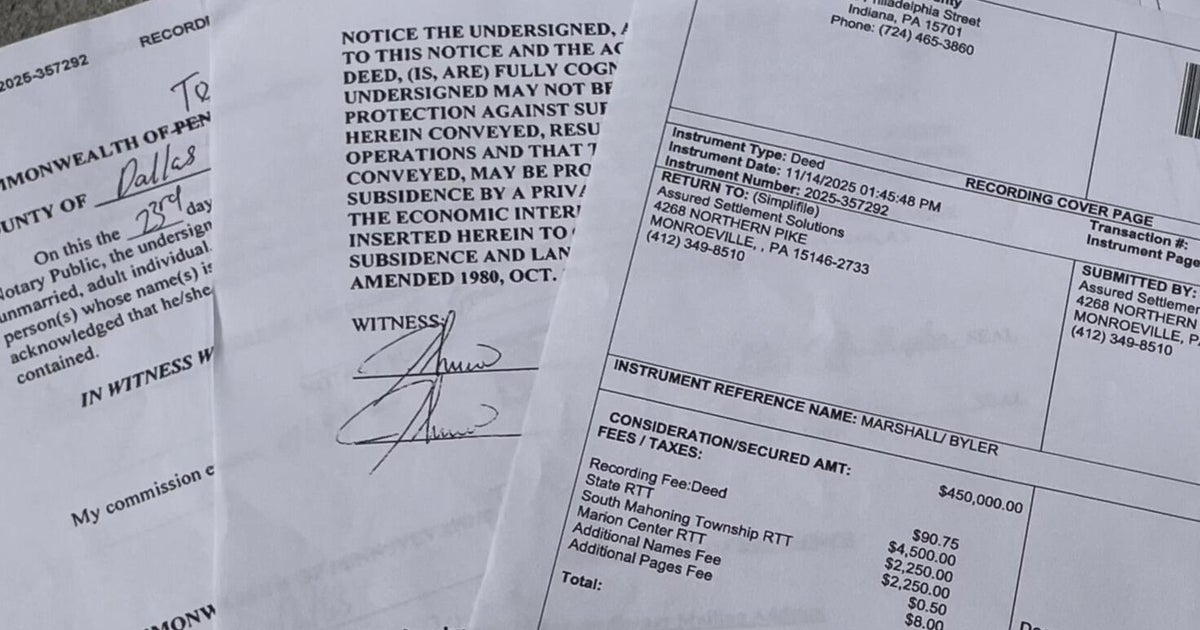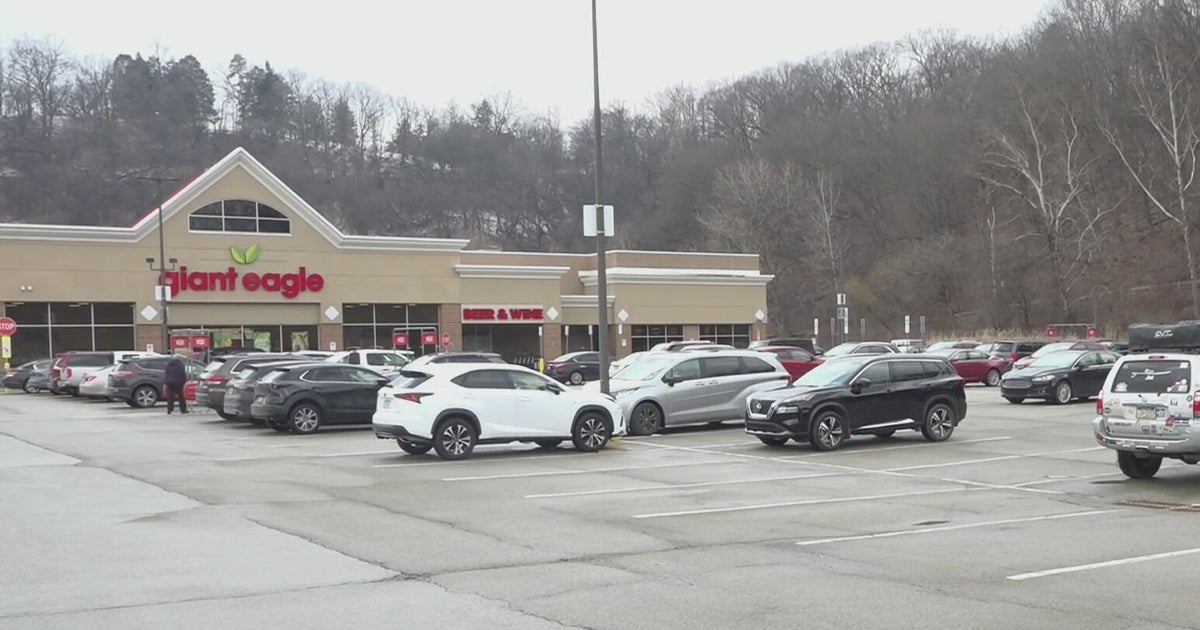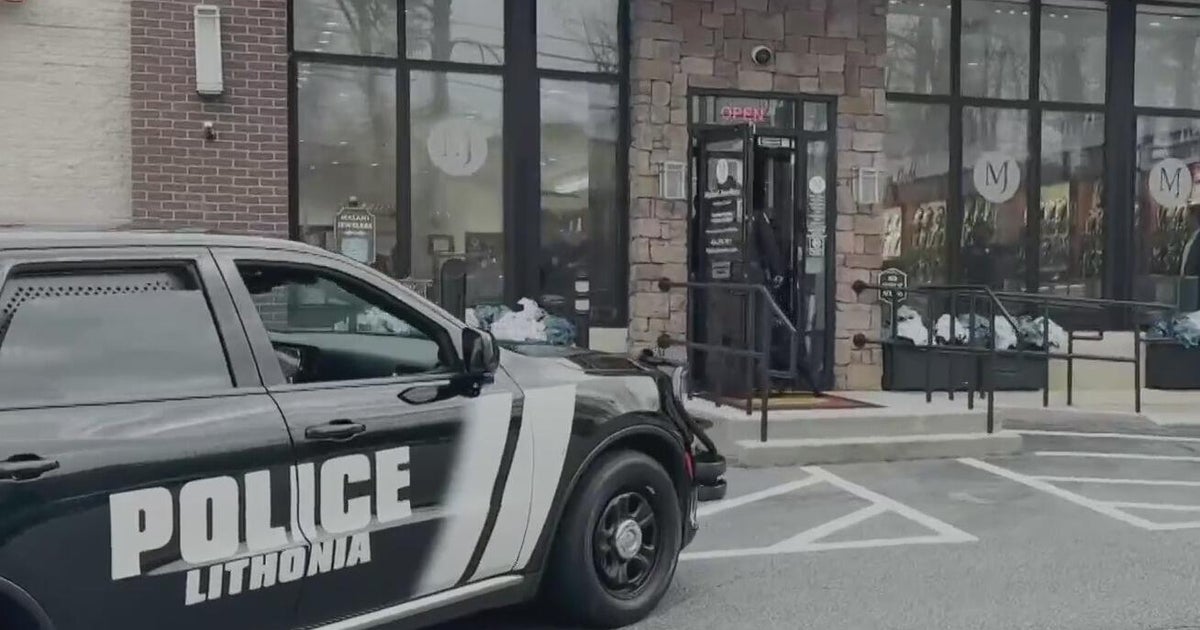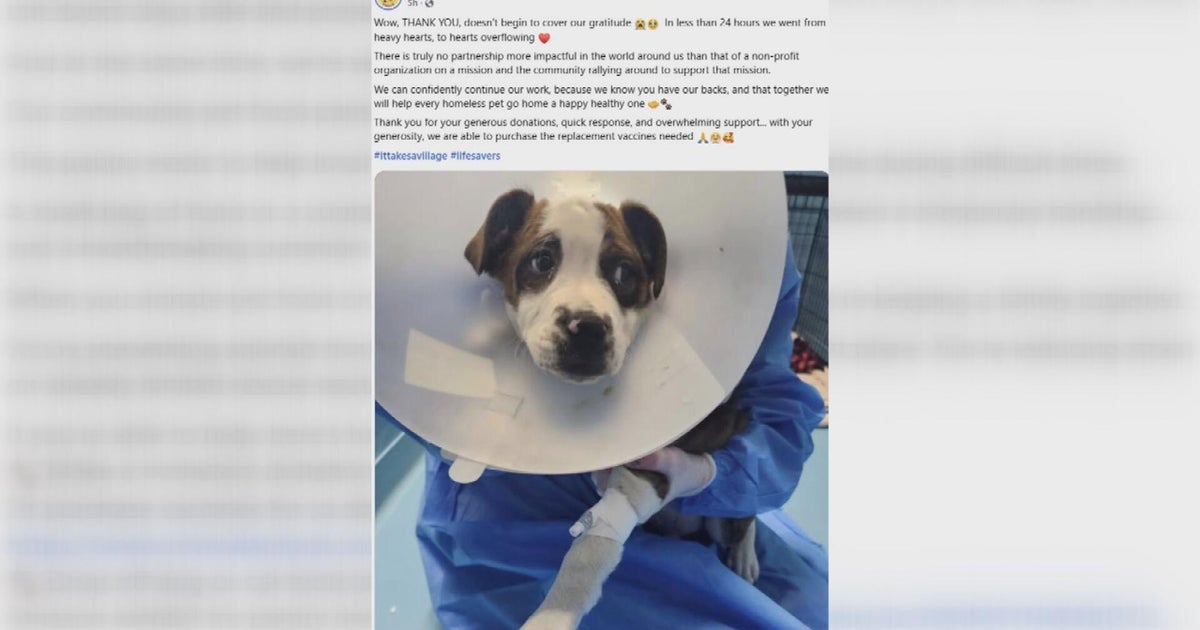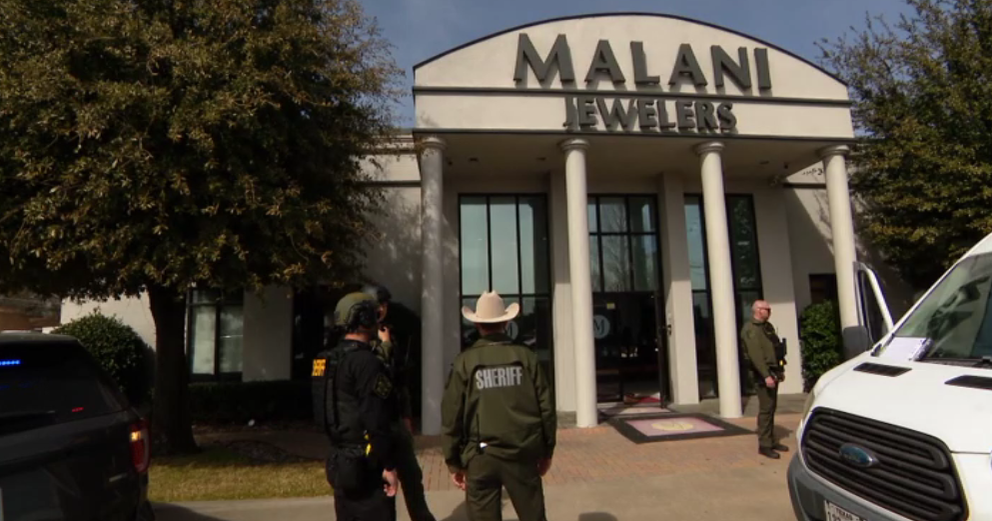People desperately looking for their lost pets are being targeted by scammers
Scammers have a new target to take advantage of while they are vulnerable - people desperately looking for their runaway pets.
Dog foster Rachel Van Heteren is an experienced foster, taking in dogs pulled from euthanasia lists. She's prepared for every scenario she could encounter with a new rescue.
"I've got every type of dog toy any dog could enjoy," Van Heteren says as she points to her collection of dog supplies. "I've got clothes for my chilly dogs. I've got treats for dogs with dietary stuff."
But her worst nightmare became a reality when her latest foster pup Sid slipped out of his harness and bolted down the street.
"I was beside myself because this is San Francisco, you have cars and coyotes," she said.
Van Heteren quickly posted to social media and community groups asking for help finding Sid. But that's when she became a target for scammers that are preying on her fear and desperation to find Sid.
"Some of the scam texts were obvious, the grammar and the spelling would be strange, and they wouldn't make logical sense," she told CBS News Bay Area. "Some of the texts were shockingly convincing and really resembled texts I got from real people in the neighborhood who genuinely wanted to help me find Sid."
Van Heteren had been warned about this possibility but felt she had to chase every lead to find Sid.
"I so desperately wanted Sid to come back," she explained, "I was very close to believing some of those scam texts."
In texts shared with CBS News Bay Area, one scammer claimed to be associated with Animal Care and Control saying they had found Sid.
But the group's executive director Virginia Donohue says that's not proper protocol.
"These scammers are good, they're persistent but it's appalling," Donohue said. "In every case that we've heard of, the scammers have done some variation of 'pay us, pay us to get your dog back,' that is not how any shelter in the Bay Area works. If your dog is microchipped, we will contact you to come pick up your dog we're happy to get you reunited."
Anne Mollering with the San Francisco SPCA says in this case, a picture of the animal may be the key to detecting a fake.
"Ask the person to send a photograph of the creature you're looking for if they're not able to do that you obviously have a problem," Mollering said. "Sometimes they'll send the same photo that was in your notice or they'll slightly alter the photo and send it back. Both of those are red flags."
Sid and Rachel have a happy ending after a helpful - legitimate - neighbor sent a photo of Sid hiding under a car in a nearby neighborhood.
"Knowing how scared I was, I was not thinking straight and knowing that those scammers were relying on me to be frantic and confused, I feel really angry that someone would want to take advantage of a person in that situation," Van Heteren said.
Experts say to never share personal or financial information with anyone claiming to have found your pet, or who offers to help look for your pet. No reunification group asks for payments until after the dog has been reconnected with its owner.
It's also recommended to train animals to come when called off leash or attach a tracker such as an AirTag to their collar to make sure their location is always visible.
